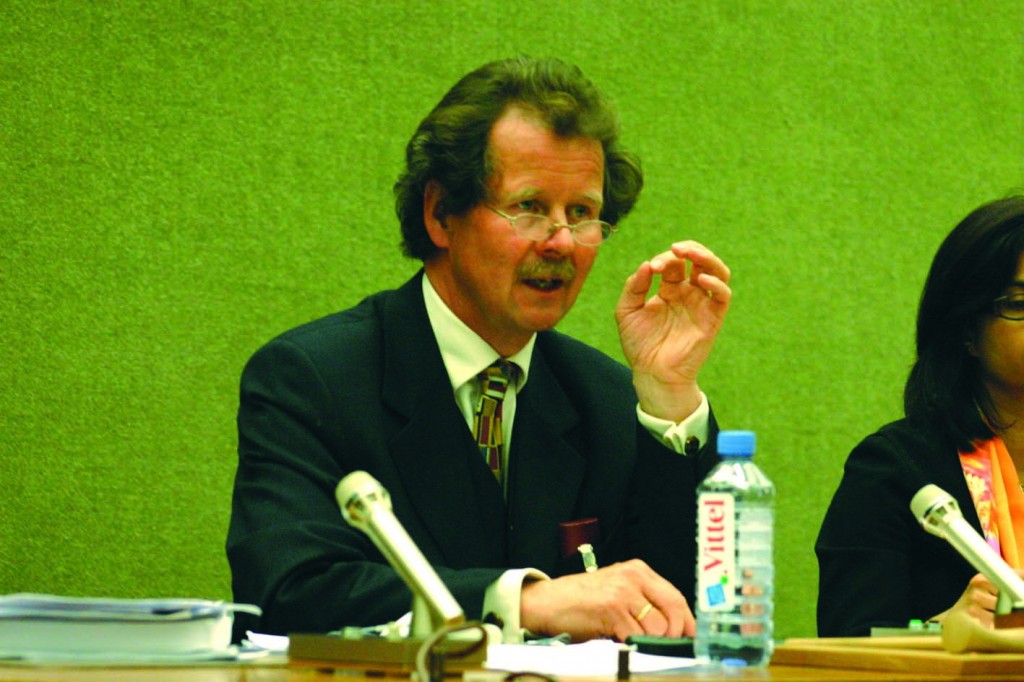
Scenario: you have a business partner with whom you do not get along. You don’t like the way he treats his customers, and you’ve told everyone in the office and declined any opportunities that involve working with him. He thinks you’re a hypocrite and are trying to isolate him in the office and usurp his job, plus he resents that you’ve refused to work on projects with him. You agree to meet to discuss one particular issue, but right before the meeting, you hear of his maltreatment of yet another customer.
Forgive the shoddy comparison, but the point is: it is unlikely that US officials will stick to the topic at hand at this week’s immigration discussions. As long as Alan Gross remains imprisoned on the island without charges brought against him, and as the UN special rapporteur on torture (Manfred Novak) announced last week that Cuba would not cooperate with his visit to the country this year, there is hardly a hope that US and Cuban officials will go into talks this week, hash out the issues surrounding migration between the countries, shake hands and go home with good news. Both Alan Gross and Manfred Novak will certainly come up from the US side, and Havana will counter with a critique of the oil spill and a demand for the disposal of the embargo. Hopefully the key migration points will be hit before the discussion degenerates.
(The Associated Press) The talks scheduled for Friday are intended to monitor adherence to a 16-year-old agreement under which the United States issues 20,000 visas to Cubans a year, though in the past the sides have used the meeting to delve into more contentious issues.
(BBC News) “I regret that, in spite of its clear invitation, the government of Cuba has not allowed me to objectively assess the situation of torture and ill-treatment in the country,” Mr. Novak wrote. Cuba invited him to visit in February 2009, but despite several attempts to propose mutually acceptable dates, no agreement was reached, he said. The invitation had been seen as a major breakthrough, as the Cuban authorities have never previously allowed outside observers into the island’s jails.
(We might mention: Cuban diplomats in Geneva denied the invitation had been withdrawn, and said Cuba was still hoping to agree dates for a visit.)